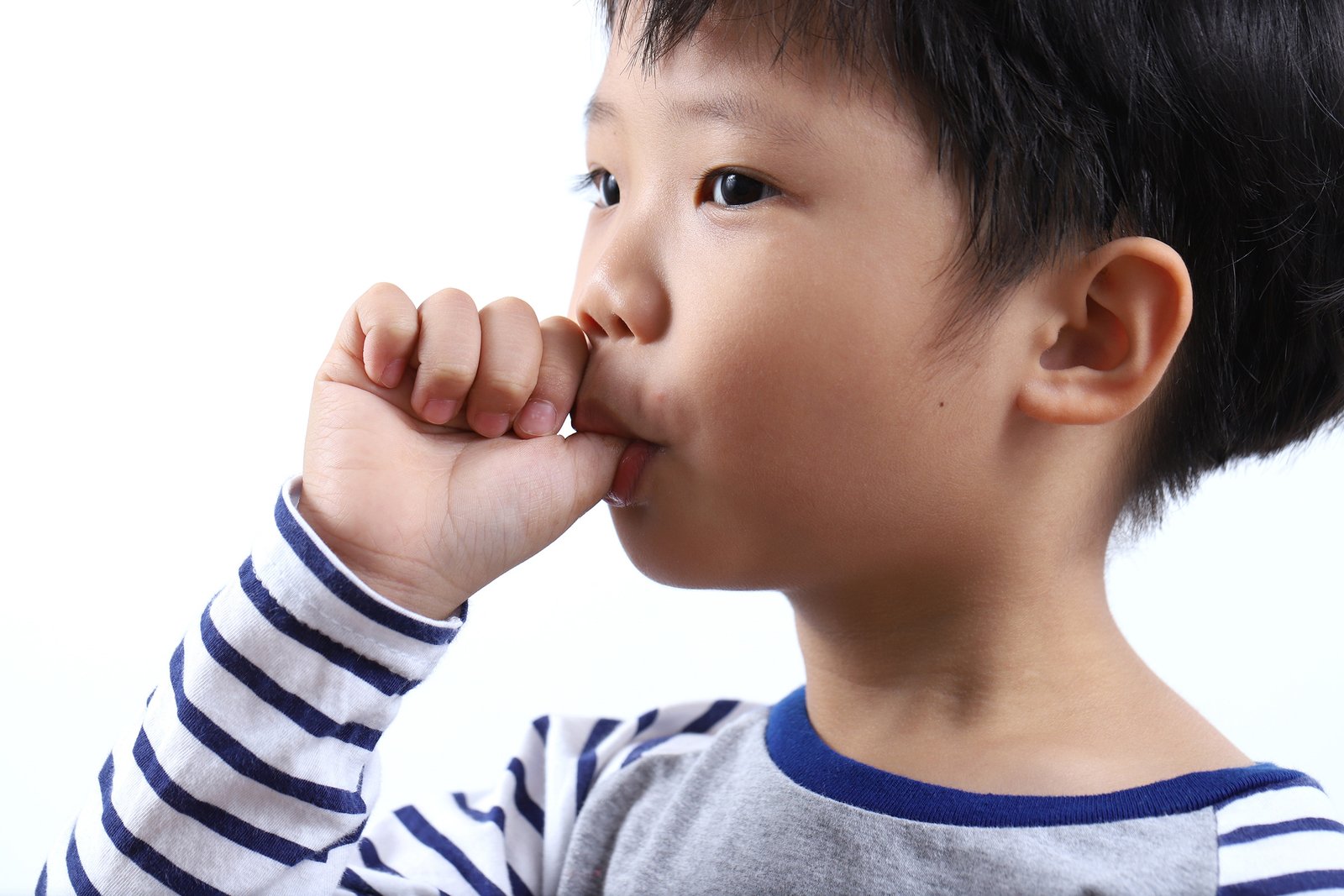
At Wilson Jane Family Dentistry, we understand that thumb-sucking and finger-sucking serve as comforting behaviors for children. These habits often commence at an early stage, with some even starting while in the womb. It’s intriguing to note that approximately 75% to 95% of infants engage in thumb-sucking, indicating a likelihood of a previous thumb-sucker in your family tree. Regrettably, prolonged and intense thumb-sucking or finger-sucking can have significant repercussions on your child’s well-being, underscoring the necessity of vigilance for potential indicators.
At Wilson Jane Family Dentistry, we understand that sucking is a natural instinct in infants, serving a vital role by providing a sense of security and contentment. This comforting reflex can also induce relaxation, often seen when children drift off to sleep while sucking their fingers. As highlighted by the Dental Association, most children naturally cease this habit between the ages of 2 to 4 as they outgrow its usefulness. Nevertheless, some children persist beyond their preschool years. If your child continues finger-sucking when their permanent teeth begin to emerge, it might be prudent to consider taking measures to help them break this habit.
At Wilson Jane Family Dentistry, we emphasize that passive sucking, such as when a thumb or finger gently rests inside the mouth, is unlikely to result in oral health problems. On the other hand, aggressive sucking, which involves applying pressure to the mouth or teeth, has the potential to lead to complications in tooth alignment and the development of the oral cavity. Prolonged periods of sucking can impact both dental health and facial structure, giving rise to concerns like improper bites, crooked teeth, or misalignments of both teeth and the jaw.
At Wilson Jane Family Dentistry, we emphasize a supportive and positive approach when addressing your child’s finger-sucking habits. Instead of resorting to punishment for aggressive sucking, it’s more effective to offer praise when they abstain from the behavior. Employing punitive measures could potentially lead to resentment and undermine the trust they have in your guidance. It’s crucial to openly explain the potential consequences that continuous sucking may have on their teeth and actively encourage and support their efforts to cease the habit.
Should you observe your child engaging in sucking as a response to anxiety, it’s important to assist them in managing their anxiety levels. Recognize that finger-sucking serves as a symptom of a larger underlying issue, necessitating the prioritization of addressing the root cause to prevent escalation into more severe symptoms. As a helpful strategy, consider placing a band-aid on their thumb or fingers or using a sock to cover their hand during nighttime. This approach is intended not as a form of punishment, but rather as a reminder to avoid the behavior. Another strategy involves identifying specific times when your child tends to suck their thumb and introducing distractions during those periods. Always exercise your best judgment in these matters.
If you suspect that your child’s finger-sucking habit is negatively impacting their oral health, we encourage you to reach out to us at Wilson Jane Family Dentistry. Our dedicated team is here to provide guidance and professional assistance to ensure your child’s oral health remains optimal.
Secure your appointment now and experience personalized care from our expert team for a healthier and more radiant smile.
Explore our meticulous procedure and treatment process, ensuring comprehensive care and exceptional outcomes for your dental needs.








Copyright © 2023 Jane Finch Dental, All rights reserved. Developed By Social Hype.